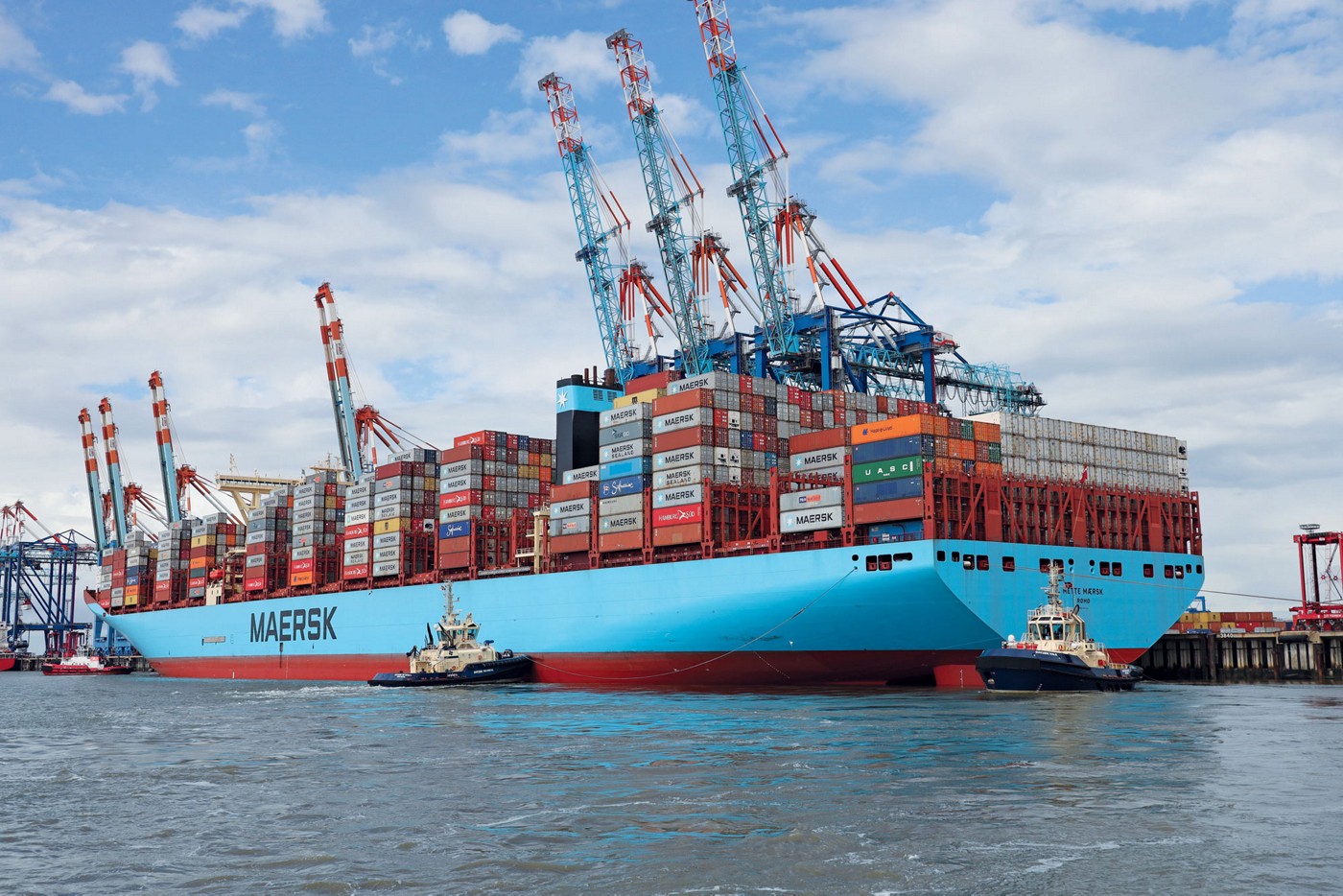U.N. agency weighs tax, other proposals to decarbonize maritime transport industry
TOKYO : The United Nations’ maritime regulator is set to adopt a more ambitious greenhouse gas strategy for international shipping, aiming for net-zero emissions by 2050.
The International Maritime Organization’s environmental protection committee meets in London this week to discuss the issue. The agency is expected to reach an agreement as early as Friday, the gathering’s final day.
The IMO, which has more than 170 member countries and regions, tackles issues such as maritime safety and pollution. In 2018, it set a goal of cutting emissions from international shipping in half by 2050 based on 2008 levels and eliminating them as soon as possible this century. As global decarbonization efforts intensify, the agency looks to accelerate its target.
The shipping industry generates 2% of global carbon dioxide emissions, on par with Germany. Shrinking this footprint will require bringing ships that run on clean-burning fuels such as hydrogen and ammonia into widespread use.
The discussion includes determining the rules needed to further this goal. A proposal backed by Norway and the European Union would require annual emissions to be reduced gradually for ships above a certain size regardless of the fuel they use.
Others including Japan call for a carbon tax on ships that run on fossil fuels, alongside subsidies for greener alternatives like hydrogen, to eliminate the cost gap between the two.
The industry currently lacks international safety standards for hydrogen and ammonia as marine fuels. Japan’s transport ministry seeks to draft guidelines that fill this gap and promote their use.
Japanese shippers are moving to adopt cleaner fuels or otherwise reduce emissions. Mitsui O.S.K. Lines will invest 350 billion yen ($2.43 billion) over the three years through March 2026 in such measures, including transitioning toward alternative fuels including methanol and ammonia.
Nippon Yusen will spend 430 billion yen through March 2031 to add ships running on liquefied natural gas and ammonia to its fleet. Kawasaki Kisen is using artificial intelligence to analyze operational data and determine factors that affect ship performance, aiming to improve efficiency and reduce emissions.

